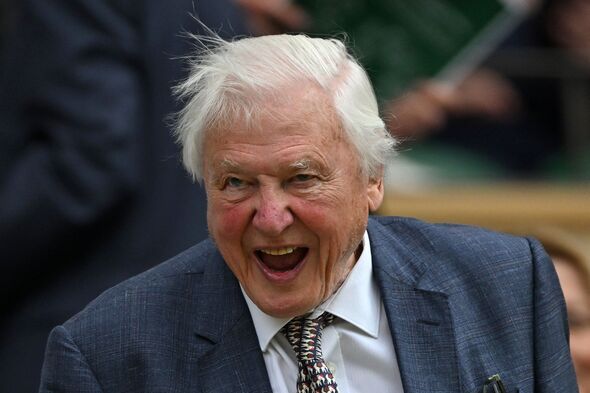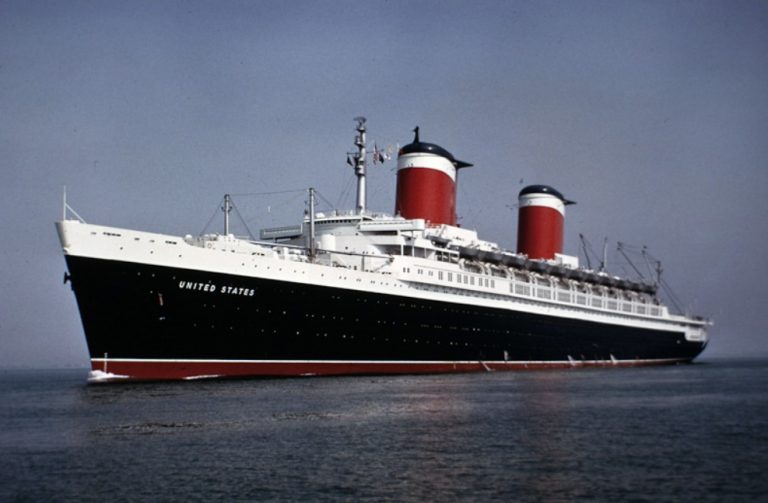Sir David Attenborough: A Life Devoted to the Natural World
Comprehensive Overview of Life, Fame, Success, Education, Goals, and Net Worth (2025)
Sir David Attenborough stands as one of the most influential broadcasters and natural historians in modern history. With a career spanning over seven decades, he has educated, inspired, and awed millions with his pioneering documentaries on the wonders of life on Earth. His unmistakable voice, deep reverence for nature, and tireless advocacy for conservation have earned him a place in the cultural and scientific pantheon of the modern era.
This comprehensive biography traces his journey from a young boy in England to a global icon, exploring his education, career milestones, health, and personal philosophy — as of 2025.
Early Life and Family
Full Name: Sir David Frederick Attenborough
Date of Birth: May 8, 1926
Age (as of May 2025): 99 years old
Place of Birth: Isleworth, Middlesex, England
David Attenborough was born to a family steeped in academia and social consciousness. He is the younger brother of Richard Attenborough, the acclaimed actor, director, and producer, and John Attenborough, an executive in the motor industry.
Parents
- Father: Frederick Levi Attenborough, Principal of University College, Leicester
- Mother: Mary Clegg, a founding member of the academic community in Leicester
Raised in Leicester, young David developed an early fascination with the natural world, frequently collecting fossils, stones, and wildlife specimens from local environments. This innate curiosity would set the foundation for his life’s work.
Education
David Attenborough’s academic path was both robust and formative in shaping his worldview.
- Wyggeston Grammar School for Boys (Leicester): Secondary education
- Clare College, University of Cambridge
- Degree: Bachelor of Arts in Natural Sciences (specializing in geology and zoology) — graduated 1947
Following his studies, Attenborough completed national service in the Royal Navy from 1947 to 1949, serving in the Firth of Forth and the North Sea.
His solid grounding in scientific principles combined with an engaging narrative style later became trademarks of his broadcasting career.
Early Career: Entry into Broadcasting
In 1952, David Attenborough joined the BBC as a television producer. Initially working in Talks (the precursor to modern factual programming), he produced a series of educational and cultural programs.
Key Early Series
- Zoo Quest (1954–1963)
This pioneering series, which took audiences on wildlife expeditions around the world, set a precedent for future nature documentaries. Attenborough co-presented and produced the series, combining adventure, natural history, and storytelling.
Landmark Documentaries and Global Fame
Attenborough’s magnum opus is undoubtedly the monumental “Life” series, a collection of documentaries spanning over 40 years. These series redefined nature broadcasting and set a gold standard for wildlife documentaries globally.
The “Life” Series (1979–2016)
| Title | Year |
|---|---|
| Life on Earth | 1979 |
| The Living Planet | 1984 |
| The Trials of Life | 1990 |
| Life in the Freezer | 1993 |
| The Private Life of Plants | 1995 |
| The Life of Birds | 1998 |
| The Life of Mammals | 2002 |
| Life in the Undergrowth | 2005 |
| Life in Cold Blood | 2008 |
These comprehensive explorations of flora and fauna were lauded for their scientific rigor, stunning cinematography, and Attenborough’s eloquent narration.
Additional Major Documentaries
- Planet Earth (2006) and Planet Earth II (2016)
- Blue Planet (2001) and Blue Planet II (2017)
- Our Planet (2019) — in collaboration with Netflix
- A Life on Our Planet (2020) — Attenborough’s “witness statement” on the environmental crises
- Green Planet (2022) — exploring the life of plants
- Wild Isles (2023) — focus on British Isles wildlife
His documentaries consistently blended scientific expertise, technical innovation, and narrative storytelling, revolutionizing how audiences perceive the natural world.
Net Worth and Career Earnings
As of 2025, Sir David Attenborough’s estimated net worth is £30 million (approximately $37 million USD). His income sources include:
- BBC salary (as producer and presenter)
- Documentary contracts with BBC, Netflix, and other broadcasters
- Book royalties — over 30 published works, many companion volumes to his series
- Public speaking, narration, and voiceover work
- Occasional consultancy roles for environmental and educational organizations
Honors, Awards, and Achievements
Sir David Attenborough’s contributions have been recognized with a plethora of honors over the decades.
- Knight Bachelor (1985)
- Order of Merit (2005) — one of Britain’s highest honors
- UN Champions of the Earth Lifetime Achievement Award (2022)
- Multiple BAFTA Awards — including awards in black & white, color, HD, and 3D formats
- Over 32 honorary degrees from universities worldwide
- Species named after him — over 20 species of animals and plants bear his name (e.g., Nepenthes attenboroughii, a carnivorous plant)
Ocean Exploration and Advocacy
David Attenborough has devoted substantial portions of his career to the ocean and marine conservation. Documentaries such as Blue Planet and Blue Planet II brought unparalleled attention to ocean biodiversity and pollution.
Notably, the RRS Sir David Attenborough, a British polar research ship, was named in his honor in 2016 (although popularly dubbed “Boaty McBoatface” in a viral campaign). The ship supports critical climate and oceanic research in polar regions.
Health and End of Life Considerations
Health Status (2025)
Despite nearing 99 years old, Sir David Attenborough remains intellectually active, though he has understandably slowed down physically.
- Hearing: Mild hearing loss (uses discreet hearing aids)
- Mobility: Reduced mobility; uses walking assistance occasionally
- Cognitive: Maintains sharp cognitive faculties and continues writing and narrating
Attenborough has candidly acknowledged his mortality, often reflecting on the “end of life” in interviews, emphasizing the importance of leaving a legacy of environmental stewardship. His 2020 documentary “A Life on Our Planet” serves as a poignant testament to his hopes and warnings for the future.
Personal Life
Marital Status
- Wife: Jane Elizabeth Ebsworth Oriel (m. 1950 – her death in 1997)
- The couple had two children: Robert and Susan Attenborough.
- Robert is a senior lecturer in bioanthropology
- Susan works in education administration
Since his wife’s passing, Attenborough has remained unmarried, devoting much of his time to his work and family.
Goals, Legacy, and Vision
As of 2025, Sir David Attenborough continues to articulate a clear set of life goals and aspirations:
- Educate the global public on the urgency of environmental conservation
- Promote sustainable living and reduce human impact on biodiversity
- Inspire future generations of scientists, conservationists, and storytellers
- Advocate for global policy change in addressing climate change and species preservation
His vision is encapsulated in his oft-repeated message:
“The future of humanity and indeed, all life on Earth now depends on us.”
Key Facts and Figures (Quick Reference)
| Fact | Details |
|---|---|
| Full Name | Sir David Frederick Attenborough |
| Date of Birth | May 8, 1926 |
| Age (2025) | 99 |
| Nationality | British |
| Education | BA in Natural Sciences, Cambridge |
| Net Worth (2025) | £30 million (~$37 million USD) |
| Occupation | Broadcaster, Natural Historian, Author |
| Years Active | 1952–present |
| Key Documentaries | Life series, Planet Earth, Blue Planet |
| Spouse | Jane Elizabeth Oriel (1950–1997) |
| Children | 2 |
| Health Status | Active, mild mobility/hearing limitations |
David Attenborough Now (2025)
As of May 2025, Sir David Attenborough is alive and remains a revered global figure. Although no longer traveling extensively for fieldwork, he continues narration projects, public advocacy, and writing. His most recent publication, “Our Fragile Eden” (2024), explores humanity’s relationship with biodiversity and climate change.
He maintains honorary positions with the WWF, Royal Society, and numerous conservation organizations. He also engages with younger audiences through media collaborations, including virtual reality nature experiences and AI-assisted documentaries launched in 2025.
Conclusion
Sir David Attenborough’s unparalleled life has been one of education, exploration, and dedication to the planet. From young boyhood fossil hunts in Leicester to global documentaries viewed by billions, his journey reflects the intersection of science, storytelling, and humanity’s responsibility to the natural world. As he approaches his 100th birthday, Attenborough’s enduring legacy is clear: a planet better understood, more deeply appreciated, and, hopefully, more wisely protected because of his tireless work.






